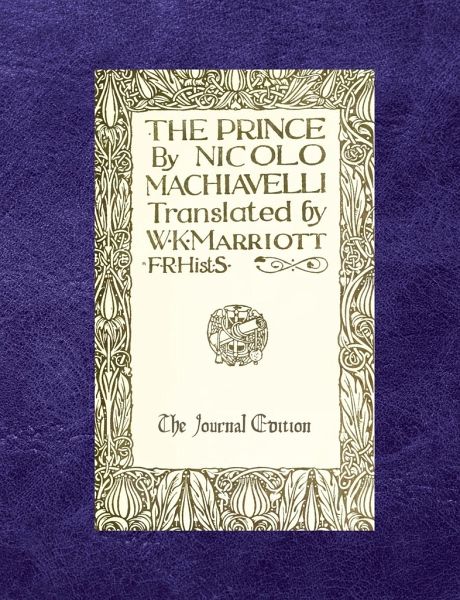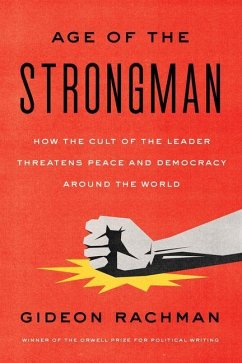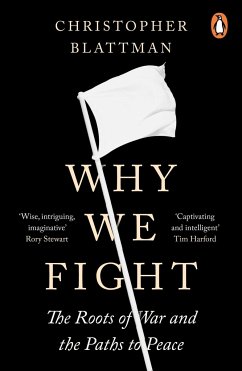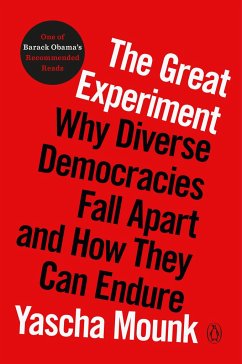
The Prince (The Journal Edition)
Versandkostenfrei!
Versandfertig in 1-2 Wochen
13,99 €
inkl. MwSt.

PAYBACK Punkte
7 °P sammeln!
Niccolò Machiavelli's The Prince is no less controversial today than it was when first published in 1532. It was shocking at that time and is still condemned by some as teaching evil. Many, including some of the most esteemed thinkers in history, have accused it of being responsible for countless cruelties inflicted by tyrants, despots, and dictators over the centuries. But is The Prince merely an instruction manual for acquiring and maintaining power? Or could Machiavelli have had other ends in mind? Something far below the surface? Something more subversive? Perhaps his true purpose can onl...
Niccolò Machiavelli's The Prince is no less controversial today than it was when first published in 1532. It was shocking at that time and is still condemned by some as teaching evil. Many, including some of the most esteemed thinkers in history, have accused it of being responsible for countless cruelties inflicted by tyrants, despots, and dictators over the centuries. But is The Prince merely an instruction manual for acquiring and maintaining power? Or could Machiavelli have had other ends in mind? Something far below the surface? Something more subversive? Perhaps his true purpose can only be revealed through careful study, which is exactly what this edition was designed for, as it provides ample space for the recording of thoughts and notes right alongside the classic text. This volume is not only a book. It is a tool to study one of the great works of world literature. Our hope is that it will lead you to new insights about what it means to be a leader and how leaders should behave in an age when the very meaning of power is changing before our eyes.¿















